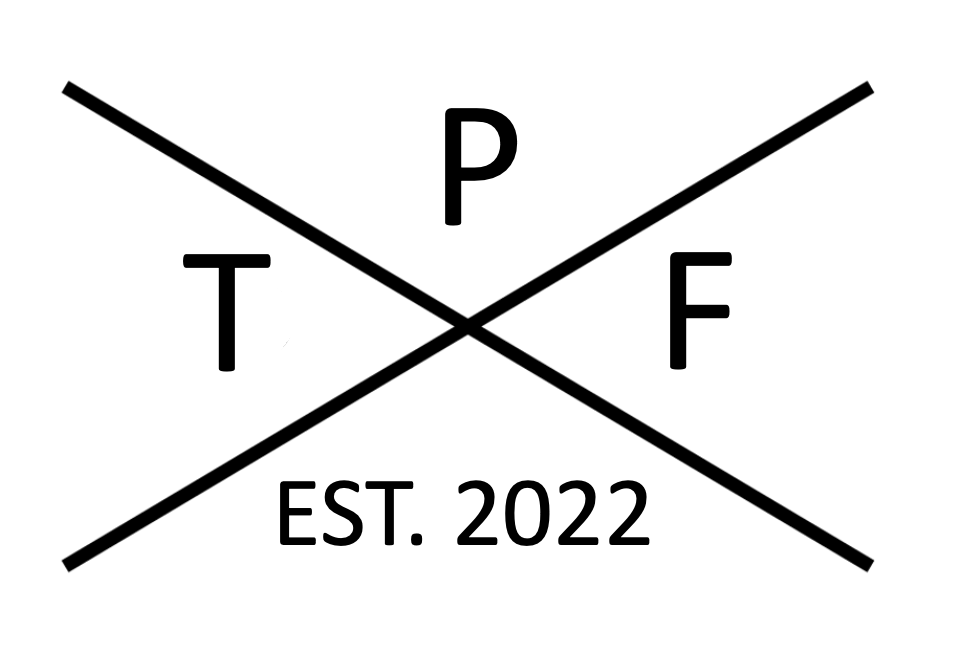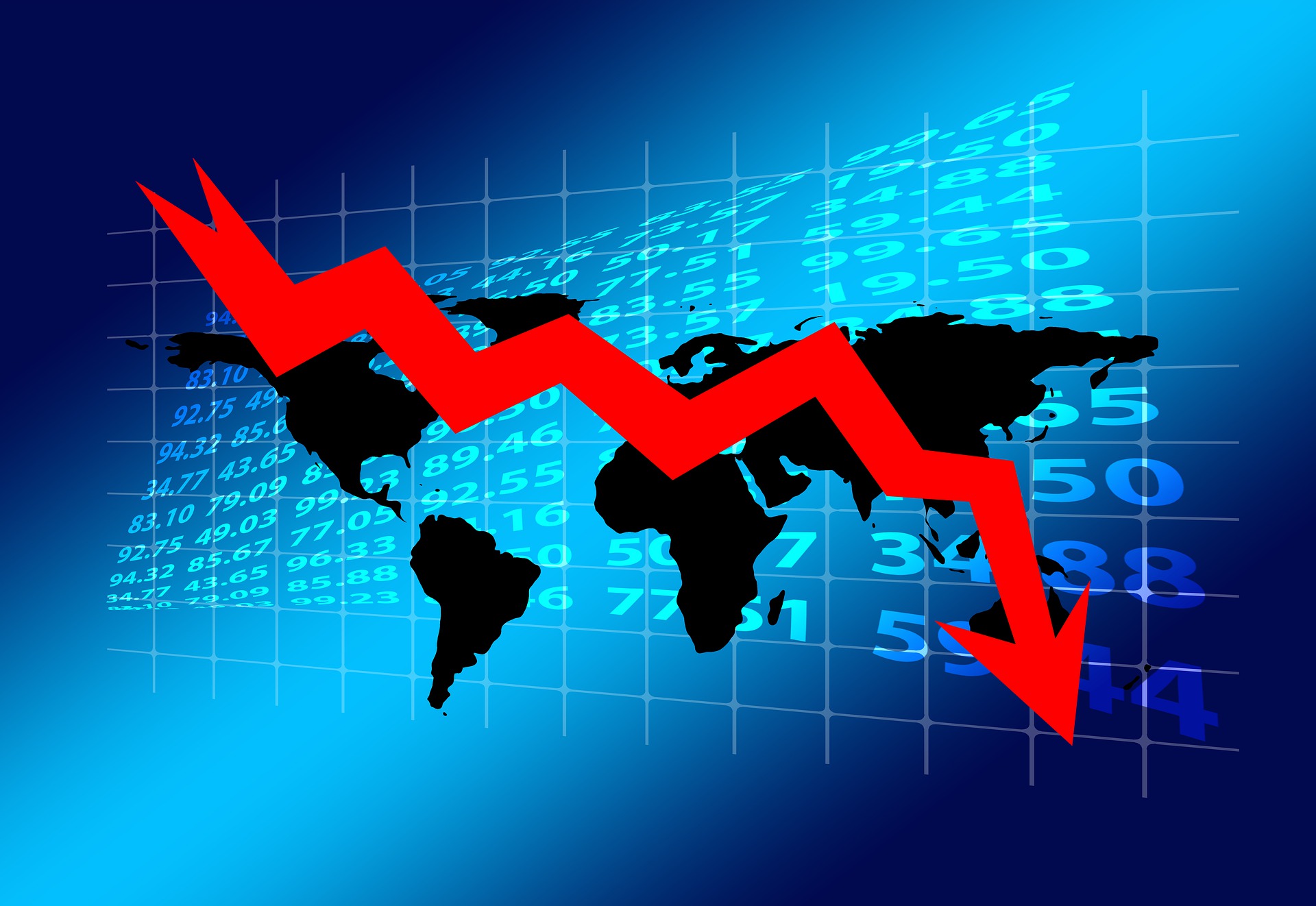What a rough couple of weeks for the economy as inflation continues to rage for everyday families. We saw the inflation data come out last week, which showed a minimal decline in our current inflation rate, dropping to 8.3% for August. This news resulted in significant stock market losses last week. Many analysts expected more considerable improvement for the inflation numbers as we’ve experienced multiple interest rate hikes already; however, inflation remains at a 40-year high. Additionally, numerous reports from large companies such as Goldman Sachs have been planning significant layoffs, further illustrating the struggling economy.
With inflation little changed, costs are soaring, and most people are experiencing supply chain issues, the Federal Reserve took another aggressive step to stabilize the economy by raising rates another 0.75 basis points. This rate hike was highly anticipated based on the economy’s lackluster performance. Jerome Powell also stated that the Federal Reserve would continue to take steps to reduce inflation as that’s their number one goal. Throughout this effort, the aim is to slow the economy to get inflation down. Powell further highlighted that we could expect the unemployment rate to increase throughout this process as an unfortunate side effect. The Fed will likely monitor the next few weeks to see if their recent actions have the desired outcomes, but we can expect another rate hike as it’ll take time for inflation to decrease significantly.
It should be no surprise, but following the Fed’s actions resulted in mortgage rates to increase again, which will continue to cool the housing market. This week we saw mortgage rates go above 6% for the first time in years. These higher rates are undoubtedly forcing many to rethink entering the housing market for both buying and selling. We’re finally seeing home sales normalize versus the last year when homes were going for $50k over asking price. Additionally, we’re seeing homes stay on the market longer compared to just the days we saw earlier this week. The slowing of the housing market is an anticipated effect of the slowing economy and rising interest rates. Further illustrating these effects, we’ve seen existing home sales decrease for the 7th straight month as the cost to borrow money has significantly increased.
While gas prices have been consistently decreasing since their record high prices beginning of the year, we’ve seen gas prices increase multiple days this week. Over the past few months, low demand has allowed gas prices to decrease continuously, but that appears to be changing. As summer has officially ended, driving habits are changing, and we may be in store for slightly higher prices. Moreover, gas prices are still elevated compared to just a year ago, so we have a ways to go to get back to normal.

